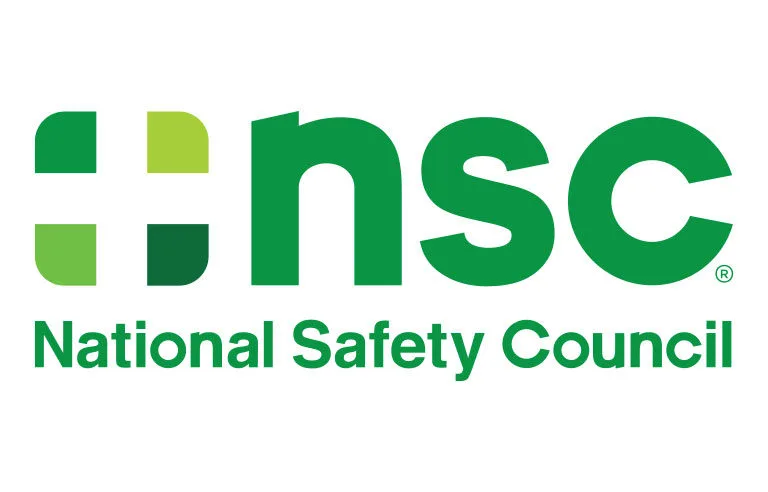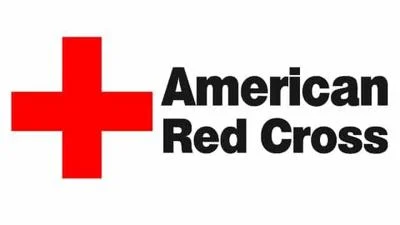
The Importance of First Aid Training
by | 03/31/2024
Introduction:
In moments of crisis, having the knowledge and skills to provide immediate assistance can be the difference between life and death. First aid training equips individuals with the ability to respond effectively to medical emergencies, offering critical support until professional help arrives. In this blog post, we'll explore the importance of first aid training and why it's an invaluable skill for everyone to possess.

Immediate Response Saves Lives:
The first few minutes after an injury or medical emergency are often the most critical. With first aid training, individuals can assess the situation quickly and take appropriate action to stabilize the victim. Basic techniques such as CPR, controlling bleeding, and treating shock can significantly improve the chances of survival until emergency medical services arrive.
Empowerment and Confidence:
Knowing what to do in an emergency can instill a sense of empowerment and confidence. Instead of feeling helpless, individuals with first aid training can take control of the situation and provide much-needed assistance. Confidence in your ability to respond effectively can also help alleviate panic and anxiety during stressful situations, allowing you to focus on providing care.
Prevention and Preparedness:
First aid training goes beyond just learning how to respond to emergencies; it also emphasizes the importance of prevention and preparedness. Understanding common injuries, illnesses, and risk factors enables individuals to take proactive steps to prevent accidents and minimize their impact when they do occur.
Community Safety:
A community where a significant portion of the population is trained in first aid becomes safer for everyone. In the event of a medical emergency, there are more people available to provide immediate assistance, potentially saving lives before professional help arrives. Schools, workplaces, and public spaces can benefit greatly from having trained individuals who can respond effectively to emergencies.
Lifelong Skill with Far-Reaching Impact:
First aid training is a skill that stays with you for life. Whether you're at home, work, or out in the community, the knowledge and techniques you acquire can be applied in various situations. By sharing your knowledge and encouraging others to undergo first aid training, you can create a ripple effect of preparedness and safety within your community.
Conclusion:
First aid training is not just about learning a set of skills; it's about being prepared to make a difference in someone's life when it matters most. By investing the time to undergo training and staying updated on best practices, individuals can become empowered to respond effectively to emergencies and contribute to safer, more resilient communities.




